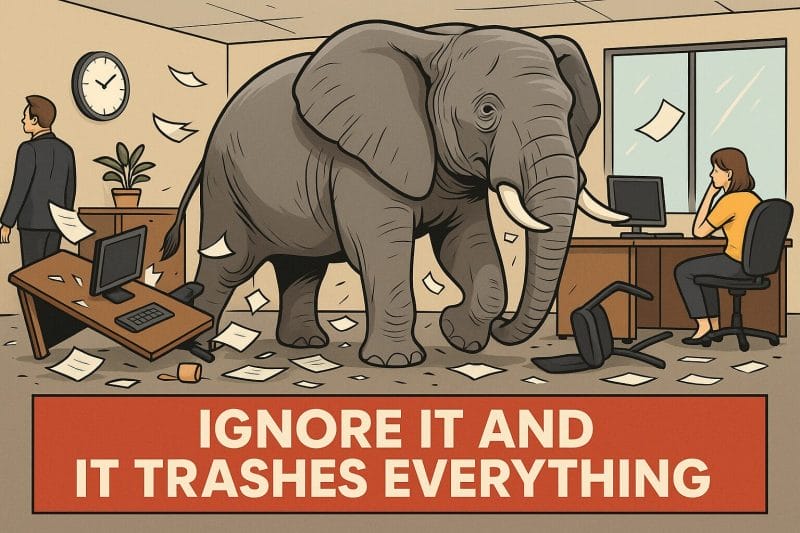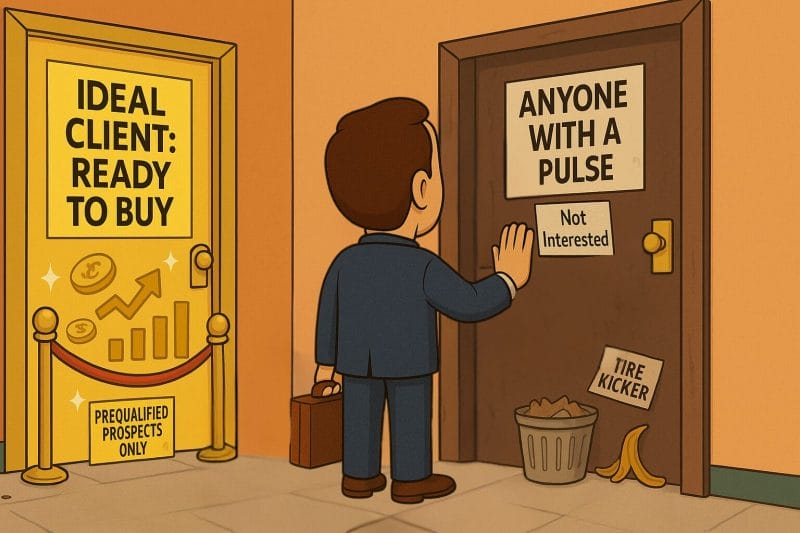Geez, it feels good to be right. In a survey by 451 Research, roughly 55% of people working from home surveyed said they were both less productive and less engaged working from home – a much different picture than many CEOs were touting in the middle of last year, when all the shutdowns happened. Similarly, we’ve discovered that remote school doesn’t work either, with record-level student failure across the country where schools are shut down and kids are forced into remote learning.
I predicted all of this – that working from home during the pandemic was NOT a “normal” experiment and any productivity gains would evaporate for most. When everyone was forced to abruptly work from home, cutting out drive time, it provided a temporary lift in “productivity.” However…
Nobody was able to do anything else without being still in work mode, much the same way I’m in work mode when I initially go on vacation. It takes a few days to “unwind” and let go of checking e-mails and phone calls. Now that a few months have gone by, we’re seeing the effects.
Yes, there are some people who can actually work from home AND be more productive – but not many. Most of those people either love the work they are doing or tend to be highly paid individuals who are beholden to tangible results (sales, appointments, completed projects and goals). Most employees need a “controlled” environment where they aren’t interrupted by kids or tempted to take extended breaks to throw a load of laundry in, handle a quick chore or watch a bit of TV. They need the group “accountability” of their in-office peers.
All of this reminds me of information I discovered when researching “loss prevention” for creating cyber security marketing campaigns. Summarized, a small minority of the population is hardwired to NOT lie or cheat (roughly 5%) while a similar small minority is hardwired to always cheat and steal (roughly 5%) – even if the cheating and stealing won’t benefit them. The rest operate with fluid, flexible “situational” ethics. Example: If your wife (or a friend) asks if she looks like she’s put on weight, do you ALWAYS tell the truth? Case closed.
What this has to do with productivity while working from home is this: Employees will lie about working and “steal” time (and money, materials, etc.) based on three things: 1) Do they have a need, 2) Can they justify the theft, and 3) Do they think they can get away with it? Need is easy. Everyone NEEDS more time – to work out, to clean, to finish up a project, to indulge in a hobby, to play with their kids. So the “need” to work less is always there. Second, can they justify it? That’s just as easy. They’ll tell themselves they’ll work a bit later that day. Or tomorrow. They remind themselves they worked through lunch yesterday, or didn’t take as long a lunch, and therefore are “owed” the time off. They are ahead of their workload. Everyone else is doing it. They’re underpaid for the work they do and therefore are justified a little break. It’s just an extra 5 minutes, 10 minutes, 30 minutes: no big deal. The list of ways they can justify working less is endless.
Finally, they need to make sure they can’t be caught. That’s where controls come in. If you’re not monitoring their work and activity, you’ll never know. I shouldn’t have to tell YOU why you need to lock down their PCs and company Internet to prevent them from going to sites that aren’t relevant to their job (social media, porn sites, gaming and gambling sites, travel, news, etc.) but also measure productivity by monitoring their work hours, time logged, dials made, tickets cleared, utilization, etc.
To be clear, showing up late for work and leaving early is theft. If your hours are 9 to 5, but you show up at 9 and waste 20 minutes putting your lunch away, getting coffee and a donut, chatting with your coworkers, etc., you’re stealing time. Also: wasting time on Amazon shopping, checking your personal e-mail, posting or scrolling Facebook, playing games on company time is theft. Taking a longer lunch is theft. Most people need to be reminded they are being paid for 40 hours – not 39 or 38. Showing up late or leaving early by 5 minutes every day = 5 minutes x 5 days a week = 25 minutes. Over 50 weeks that’s 1,250 minutes or 20.8 hours. Multiply that by their wage and you’ll see a BIG chunk of money gone.
Tough-minded management is not in favor these days, replaced with sexier terms like “leadership” and sensitivity training for managers. I’m not against that, but you also need to make sure you’re getting everything you’re paying for, and NOT be afraid to demand it.
While you’re here, if you’d like a FREE guide on how to get clients spending money on IT Services right now visit: www.ITRecessionGuide.com










